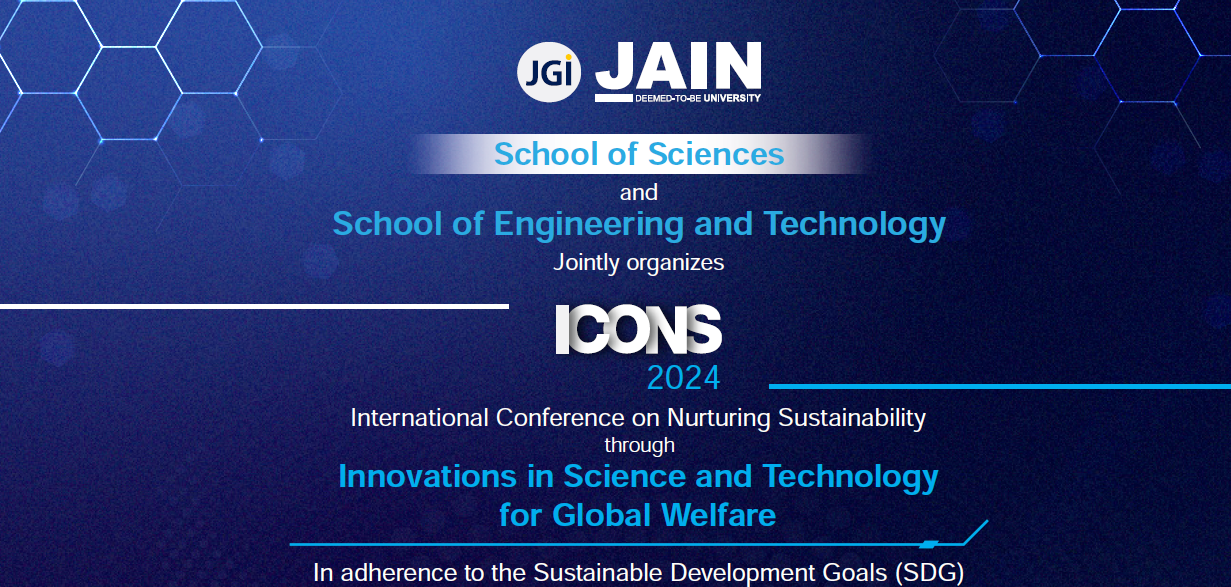Speaker
Description
Recent developments across various scientific fields have revolutionized biology through the advent of omics technologies. Multi-omics, an emerging field that integrates different omics data types, offers more comprehensive insights into biological processes than any single omics approach alone. Currently, many researchers routinely incorporate omics technologies such as proteomics and metabolomics into their studies to achieve a deeper understanding of complex biological systems. As technological advancements continue, the cost of omics research is expected to decline, making large datasets more accessible to the scientific community. The vast amount of data generated by omics technologies can be immense, necessitating advanced computational techniques for analysis. To address this challenge, scientists have developed artificial intelligence (AI) and machine learning (ML) tools capable of analysing these datasets, extracting significant biological information, and enhancing understanding of both normal and disease processes. AI and ML contribute to omics research by offering powerful capabilities in parameter selection, dimensionality reduction, complexity management, feature identification, pattern recognition, classification, and predictive modeling. By combining these cutting-edge approaches, researchers can create robust analytical frameworks that effectively manage the complexities of biological systems, thereby overcoming the limitations of conventional phenotyping techniques. This review aims to provide a comprehensive overview of the application of AI and ML tools in omics research, highlighting their potential to revolutionize understanding of biology.
Key Words: Machine learning (ML), Artificial intelligence (AI), Omics, Drug Discovery

